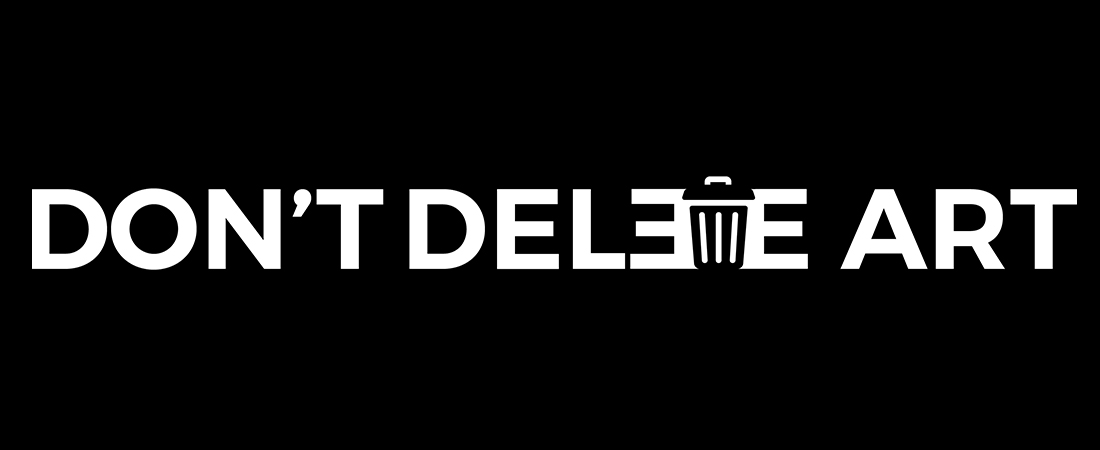On May 19, 2020, an international coalition of arts and free expression organizations, including the National Coalition Against Censorship (NCAC), IBEX Collection, Article19, PEN America’s Artists at Risk Connection (ARC), International Arts Rights Advisors, and Freemuse, launched Don’t Delete Art, a virtual gallery showcasing work which is banned or restricted on social media.
The gallery, whose curators include frequently-censored artists Spencer Tunick and Savannah Spirit, was created in response to artists’ increased reliance on social media platforms as the coronavirus pandemic forced global closings of physical art spaces. The gallery provides a space for work deemed unfit for view by social media companies, providing space for censored artists and insight into the array of art rejected by digital gatekeepers.
Artists are now more vulnerable than ever to the chaotic manner in which platforms, such as Facebook, Instagram, Tumblr, and YouTube, remove and restrict art vaguely defined as “objectionable.” The gallery is part of a campaign calling on social media companies to adopt a clear set of notice and appeals principles guiding the regulation of art online and allowing art to circulate freely in the online environment.
As NCAC’s Director of Programs, Svetlana Mintcheva, explained, “As is always the case with censorship, those with the least access to political or cultural power are the first silenced. We understand companies are facing unprecedented challenges moderating their platforms, but that is no reason to choose the easy but profoundly undemocratic route of jettisoning creative freedom.”
David Willson, IBEX Collection Executive Director and Collector, detailed why this project is so vital: “Banning artworks and artists accounts means not only cutting off creatives from their fans and customers, and in many cases damaging their careers, but also forces artists to self-censor, even when fully compliant with social media community guidelines, which is an insidious problem cutting away the heart of artistic freedom. Instead of suppressing artists, it is crucial to support artists as they are striving to maintain themselves in a period that has seen devastation of the arts and the art markets.”
The Don’t Delete Art gallery is curated by a collective including artists Spencer Tunick and Savannah Spirit, as well as representatives from the arts organizations involved. The gallery will host webinars and digital events, as well as rotating exhibitions.
According to censored artist Reuben Negron, “Social media networks dictating what is acceptable and what is not are shifting our public perceptions of what we want to see. And that dictates, for instance, what we hang on our walls; and if people are no longer buying certain things, galleries aren’t going to show that content. Thereby they aren’t going to take on artists who deal with that ‘difficult’ subject matter. So these artists might no longer have venues to show their works because of this.”
In addition to providing a platform for censored art, the coalition is calling on social media companies to adopt a set of principles governing how they handle artist content on their platforms. The principles include increased notifications for content that is removed or “downranked,” better guidance and more opportunities to appeal all content moderation decisions from post removal to downranking to account deletion, and a commitment to encourage, rather than discourage, artistic freedom.
The gallery is accepting submissions and will be updated on a revolving basis. It is viewable at dontdelete.art.


